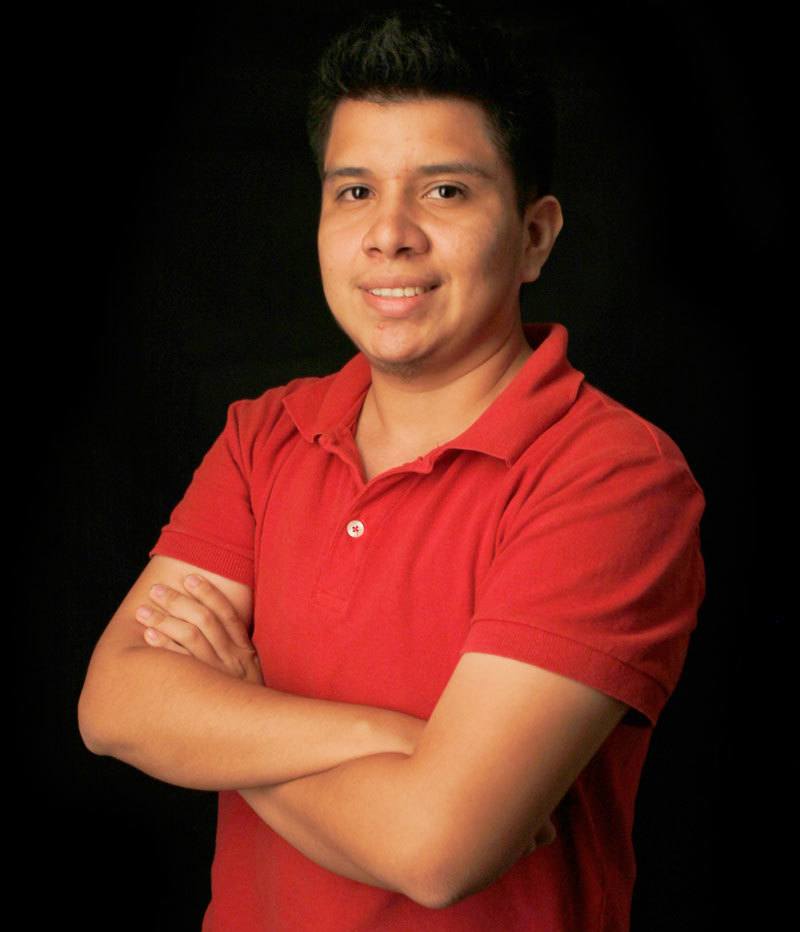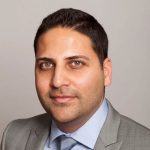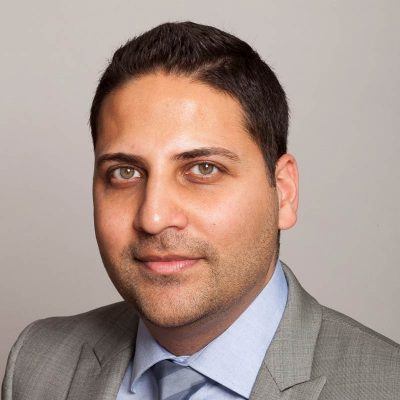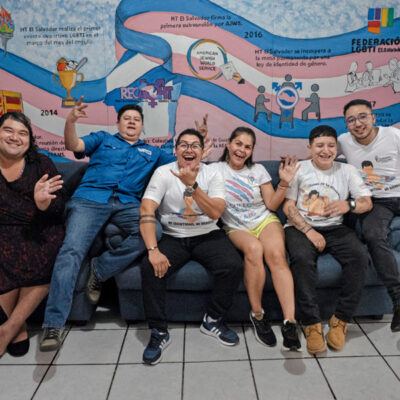All of his friends were moving on with their lives and heading off to college, but Sebastián Flores Cerritos felt stuck. Sebastián felt he couldn’t embark on his own journey until he could live a life true to himself. In 2010, he summoned the courage to tell his parents that he felt deeply uncomfortable in the female body he was born into and didn’t identify as a woman. “I didn’t feel it represented who I was on the inside,” he said.
Feeling trapped
At first, it wasn’t easy. His parents didn’t take him seriously. “I felt trapped,” he said. Sebastián slipped into depression and began contemplating suicide. “I wanted to end my life.”
In search of an escape, Sebastián ran away from home. He fled to La Unión in eastern El Salvador where he didn’t know anyone and where no one could find him, hoping something bad would happen to him.
But in his hopelessness, he reflected on the fact that, while he didn’t have the initial support of his parents, they never kicked him out of the house. He always had a roof over his head and food to eat, and they continued to support him financially. Five days later, Sebastián returned home.
“I needed to live a life that made me happy. And that’s when things started to change,” he said. Sebastián’s parents recognized that they couldn’t force him to be someone he wasn’t.

Finding confidence
Sebastián eventually enrolled in university to pursue his passion for multimedia work. Fearing rejection and harassment, Sebastián initially concealed his identity at school. But after two years, he felt he could no longer live two lives and decided to reveal his true identity to his classmates and teachers. To his disbelief, he found acceptance. “They call me by my [chosen] name and have respected my identity,” he said.
With newfound confidence, Sebastián decided he wanted to undergo hormone therapy to start his transition. But it came with a hefty price tag—one that he and his family couldn’t afford. In addition, there was a dearth of safe services in El Salvador. During this period, Sebastián also got involved in a trans-men’s collective, where he met others who accessed hormone therapy through a private endocrinologist in neighboring Guatemala.
Over the course of working various odd jobs the following year, Sebastián finally saved enough money to start his treatment. For three months, he traveled back and forth between Guatemala and El Salvador. “It wasn’t easy,” he recalled. His ended his erratic treatment when he found ASTRANS, the only organization in Central America that provides safe hormone therapy treatment, sometimes free of charge to those who otherwise could not afford it.
ASTRANS provided Sebastián with the regular care he needed and financial support. “For the first time in my life, I felt happy,” he said.
A champion for others
In September 2016, Sebastián joined ASTRANS as a volunteer communications officer. He also advocates for the rights of the transgender community including pushing for laws that protect LGBTI people and respect gender identity. He says his activism has motivated him to “continue to fight for something bigger.”
He remains optimistic that an emerging generation of transgender people in El Salvador will be able to access gender-affirming health care and the psychosocial support they need more easily thanks to ASTRANS.
 Sumit Galhotra is the Communications Officer for Human Rights and Story Development at AJWS.
Sumit Galhotra is the Communications Officer for Human Rights and Story Development at AJWS.


